COVID-19: Virgin Australia to survive, but in what form - and name?
Virgin Australia's decision to enter voluntary administration has thrown the future of the carrier up in the air. However, this process should eventually yield a more viable roadmap for a major player in the Australian market.
The intention of Virgin and the administrator is to relaunch with as much of the airline intact as possible, but the ultimate shape of the carrier will also depend on its new ownership.
Virgin was driven to its knees by the COVID-19 pandemic, which has destroyed demand. This occurred at a bad time for Virgin, as its new CEO was embedding strategic changes aimed at improving its financial performance.
Now it has been forced to put its plans at the mercy of an administrator, creditors and potential new owners. Virgin's management has proposed its existing business plan as the best way forward, but there is no guarantee that this approach will be accepted.
Of course, many other airlines around the world are also facing the need to restructure for a post-COVID demand environment, and are scrambling to refinance. The difference with Virgin is that much of the control over the transformation process has been taken out of its hands - although the Australian government has inserted a prominent banker to act as a sort of guardian of the national interest.
TO READ ON, VISIT: COVID-19: Virgin Australia to survive, but in what form - and name?
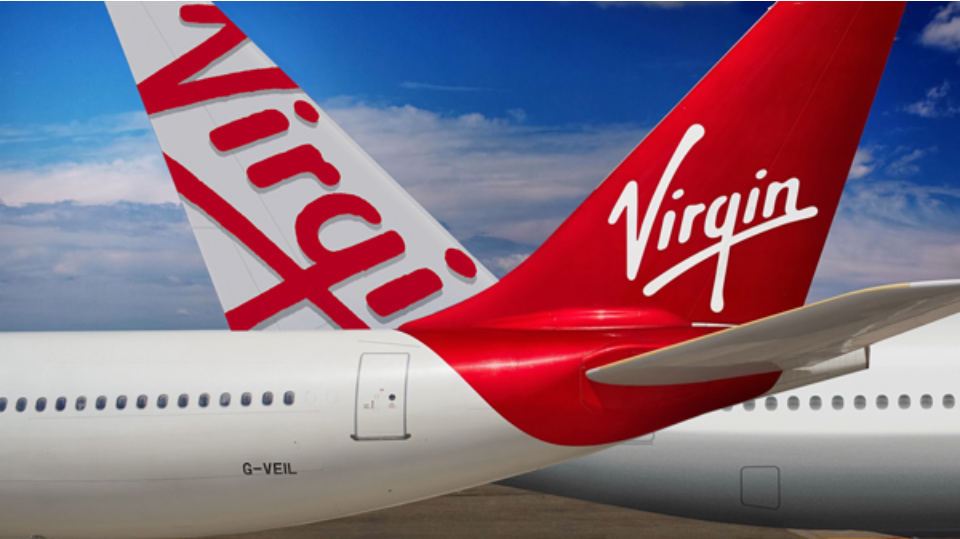
Ryanair's O'Leary: price war to revive air traffic. What about fear?
In a Reuters interview on 15-Apr-2020, Michael O'Leary said that Ryanair expected to win a price war once coronavirus restrictions were lifted.
The long-serving Ryanair Group CEO expects a swift rebound in traffic, stimulated by "massive price dumping". He assumes a limited resumption of flights in Jun-2020 and a resurgence of intra-Europe travel driven by discounted holidays over the period Jul-2020 to Aug-2020.
In the past, growth in Ryanair's average fares and in its passenger numbers have been negatively correlated, but the correlation has weakened since FY2008. Mr O'Leary's bullish outlook is relying on this price elasticity of demand.
If Ryanair is the first major European airline to return significant capacity to the skies, its large network, strong balance sheet and ultra low costs should position it to win a price war.
Mr O'Leary told Reuters that people that have been "locked up in apartments", and will want to go on holiday "as long as they can do so in reasonable safety".
TO READ ON, VISIT: Ryanair's O'Leary: price war to revive air traffic. What about fear?
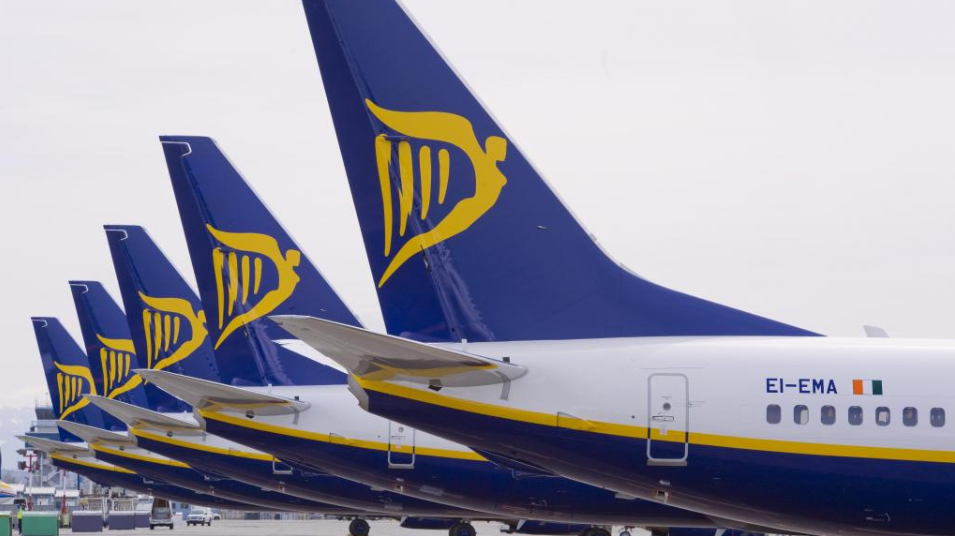
Russia now Europe's #1 airline market, thanks to domestic size
By virtue of shrinking less, Russia is now Europe's biggest market by airline seats in the week of 20-Apr-2020, based on data from OAG and CAPA. Its 75% year-on-year capacity cut compares with a 90% decline for all Europe as a result of the COVID-19 crisis.
According to the CAPA Fleet Database, Russia also has a higher share of aircraft in service than in the rest of Europe.
The pre-crisis European leader, the UK, has suffered a 94% decline in seats and slipped to third place this week, behind Russia and Italy (that latter has taken a first upward step in seat numbers).
Crucially, Russia's domestic market accounts for a bigger share of total seats than in the rest of Europe and has fallen by 'only' 57% year-on-year. Russia's domestic market almost matched its international market by passenger numbers in 2019. For Europe as a whole, only broadly a quarter of the seats are in domestic markets.
The growing consensus is that domestic markets will lead the post-crisis recovery. If this prediction is borne out, Russia's move up the European aviation ranking could endure.
TO READ ON, VISIT: Russia now Europe's #1 airline market, thanks to domestic size
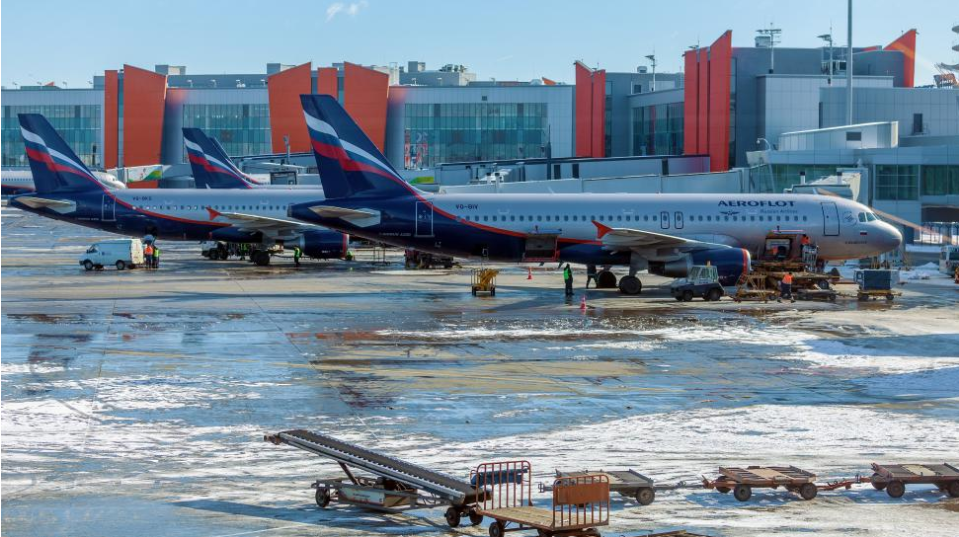
COVID 19: Mexico's airlines could face major changes
The health emergency that Mexico declared in response to the COVID-19 virus is due to end on 30-Apr-2020, but similarly to its effect in aviation markets worldwide, the pandemic will have far-reaching effects on Mexico once the crisis is over. The next step would be to extend the restrictions associated with the health emergency, and it is unknown whether that will happen at this point, but Mexico's COVID-19 cases have grown substantially during the past weeks.
In the meantime, Mexico's airlines are using strategies adopted by airlines worldwide to cope with the crisis: slashing capacity and parking aircraft. And as is the case in other markets, some airlines in Mexico are better equipped to weather the crisis than others.
One big unknown for the country's aviation market is how the government will now approach Mexico City's airport infrastructure. The current administration of Andrés Manuel López Obrador (AMLO) opted to end construction of a new airport and was working on a plan to create three airports to serve the city, which entailed transforming part of a military base to handle commercial operations.
But with demand not likely to reach pre-crisis levels for a couple of years, those plans could be frozen for the foreseeable future.
TO READ ON, VISIT: COVID 19: Mexico's airlines could face major changes

European airline capacity: the deepest cuts slow. Now, what next?
Europe's airline capacity cut this week (commencing 20-Apr-2020) is again deeper than in any other region.
Total seat numbers in Europe have fallen by 90% year-on-year, according to schedules data from OAG combined with CAPA Fleet Database seat configurations. This compares with an 86.0% cut in Latin America, 75.7% in Africa, 74.2% in Middle East, 69.6% in North America and 61.3% in Asia Pacific.
Europe's domestic seats have been reduced by 83%; international by 93% (international is more important, accounting for 77% of seats in the year ago week).
The capacity derived from schedules data is now better aligned with empirical data on air traffic than previously during the coronavirus crisis. Moreover, there are signs that Europe's rate of capacity decline is bottoming out.
However, the expected return of scheduled seat numbers to within 5% of 2019 levels has been pushed back from Jun-2020 to Sep-2020. Even this may prove to be optimistic, as long as the travel restrictions covering most of the planet are still in place. European airline capacity may have more weeks to spend at, or near, the bottom.
TO READ ON, VISIT: European airline capacity: the deepest cuts slow. Now, what next?

COVID-19: UK government should remain cautious on airline bailouts
The UK's seat capacity, for a country where international markets are more important than for Europe overall, is falling faster than in the rest of Europe. It has lost its European leadership to Russia.
The lack of surface transport (beyond maritime) even for short haul international travel could be a significant threat if air links remained curtailed for an extended period, or if UK airline bankruptcies hindered the resumption of international operations in the recovery.
The UK government is under pressure to help its airlines, whose capacity cuts are particularly severe, but the case varies by airline and should only be a last resort.
easyJet has shown the value of self-help. British Airways has not sought government help. Jet2.com, part of Dart Group, has good liquidity. TUI Airways is part of the German TUI Group. Virgin Atlantic is important to UK long haul, but its major shareholder's residency on a private Caribbean island and non-domicility for UK tax may count against it, along with its powerful US partner. PSO networks could be widened to benefit regional airlines.
The UK government should remain cautious. Post-virus, the UK will again be an attractive aviation market - whether for the UK's or foreign airlines.
TO READ ON, VISIT: COVID-19: UK government should remain cautious on airline bailouts

COVID 19: US airlines get aid, ground older aircraft. What now?
Airlines in the US continue to adjust to an industry that is likely to be changed permanently by the COVID-19 pandemic. And although some certainty about government aid is emerging for airlines operating in the country, the minimum levels of service they are required to provide, and the overarching conclusion that the US airline industry will be considerably smaller for the remainder of 2020, mean that overall - uncertainty continues to prevail.
As the airlines prepare for a new operating reality, there is little doubt that they are working to offload older aircraft and use government assistance - which has considerable strings attached - to keep their workers employed.
But over the longer term, the structure of the travel experience remains questionable as some form of social distancing will be required at airports, and perhaps on aircraft also.
There's also the reality of health checks being required in the travel process, and it is uncertain how those changes will ultimately affect short haul traffic.
TO READ ON, VISIT: COVID 19: US airlines get aid, ground older aircraft. What now?
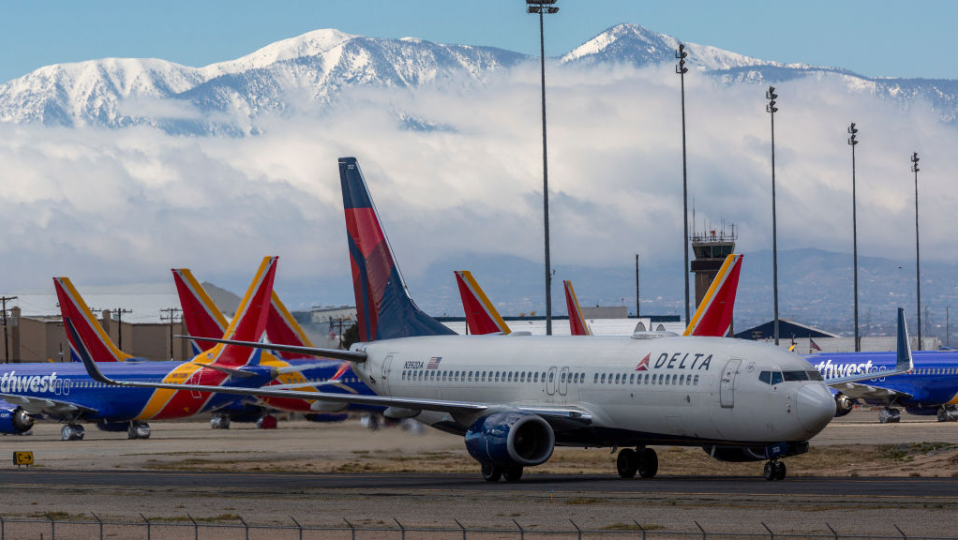
Lufthansa extends old MD-11 freighters, uses passenger fleet for cargo only
Lufthansa Cargo is reportedly considering retaining its six Boeing MD-11F freighters beyond their planned exit in 2020.
This highlights the strength of demand for full freighters in the current crisis, which has blocked most passenger flights and the belly space they offer to cargo loads. Indeed, a much higher share of Europe's freighters are still in service (86%) compared with passenger aircraft (26%).
Specialist cargo airlines dominate European freighter fleets. Turkish Airlines and Lufthansa have the biggest freighter fleets among European airlines with a mainly passenger focus, but are outside the top 10 by total freighter numbers. Among other large European airline groups, only Air France-KLM also has freighters.
Extending the leases on its elderly MD-11Fs would be a lower cost way for Lufthansa Cargo to maintain freighter capacity than replacing them with more modern aircraft. Moreover, they are immediately available.
Several European passenger airlines have been pressing passenger aircraft into use on cargo-only missions. These include Austrian Airlines, SWISS, SunExpress, Wizz Air, Virgin Atlantic and IAG airlines. In spite of their sizeable freighter fleets, both Lufthansa and Turkish Airlines are also adding passenger aircraft to their cargo-only capacity.
TO READ ON, VISIT: Lufthansa extends old MD-11 freighters, uses passenger fleet for cargo only
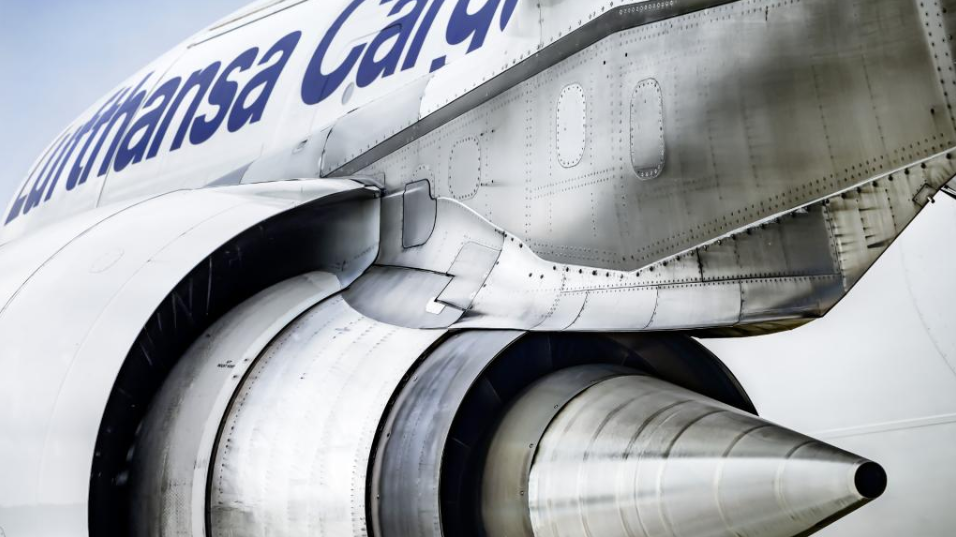
GMR gets go-ahead to develop and operate Bhogapuram Airport
Life goes on; business goes on - or at least, it is doing so in India, where one of the first announcements concerning an airport development and privatisation deal for over a month was made on 13-Apr-2020. Namely, the contract to develop and extend Bhogapuram Airport, a new international airport construction project for the Indian state of Andhra Pradesh.
In its own little way, the announcement about this 40-year concession has the same gravitas as the Chicago Convention, which met in 1944 to shape the future of the post-war aviation industry.
At least this transaction acknowledges that there will be an aviation industry in the future - there has been one view spread about that aviation was about to go the way of the dinosaurs.
TO READ ON, VISIT: GMR gets go-ahead to develop and operate Bhogapuram Airport
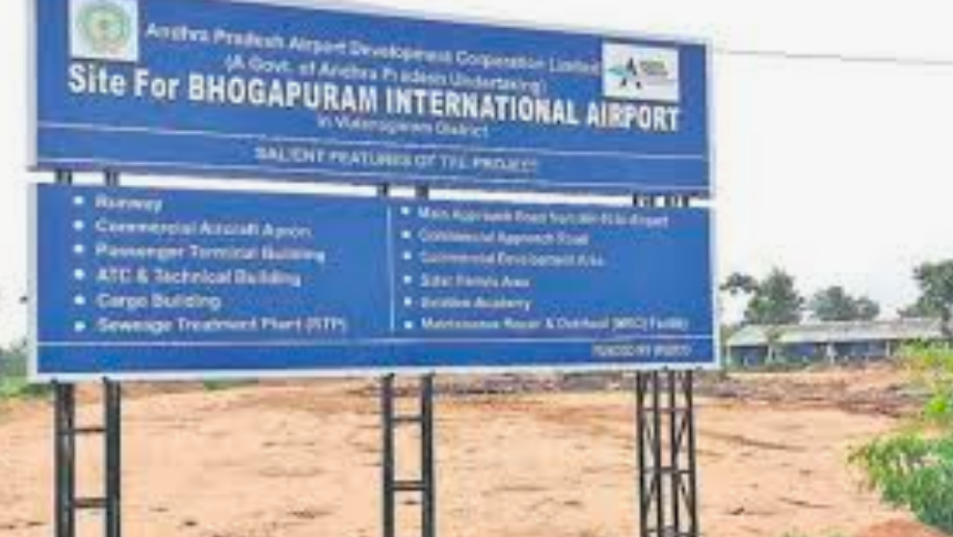
COVID-19: Iceland's air transport business is battling on
Storms are not unusual in Iceland, especially during the winter. It is not uncommon for Keflavik International Airport to be closed for days on end, owing to high winds.
The current storm is as invisible as the wind and has closed down the country, never mind the airport. But Iceland is as resilient and adaptable as its terrain, climate and geographical isolation demand it must be.
The national airline has been able to retain a semblance of a working schedule - more so than many other international airlines - and is well positioned to take advantage of that fact once lockdowns in the country and elsewhere begin to be removed.
TO READ ON, VISIT: COVID-19: Iceland's air transport business is battling on

COVID-19: Airports attempt to plug the financing gap
While airlines hog the headlines as the obvious commercial casualty of the present situation, airports are also very much at risk.
Generally speaking, airports are more conservatively managed than airlines, their investment timescale is longer and can be more easily staged. They are less likely to need a large government bailout. But that won't stop them applying for aid if it is available, and it is, at least so far.
This report looks at how some airports in both the public and private sector and the hybrids that are in both are seeking to raise cash to tide them over until airplanes are taxi-ing on the runway again and the cash registers are ringing again in the terminal shops, restaurants and bars, whenever that is.
TO READ ON, VISIT: COVID-19: Airports attempt to plug the financing gap
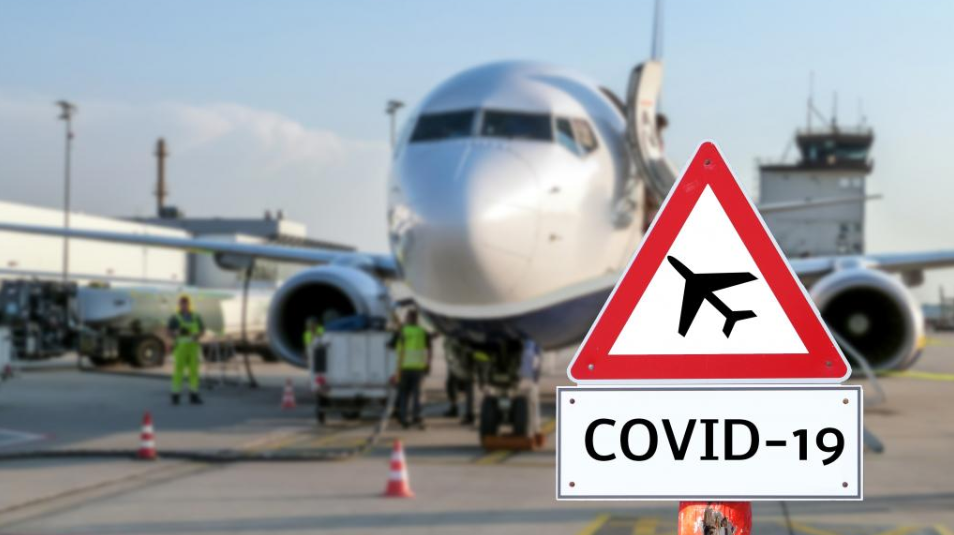
COVID-19: Jet2 and TUI rely on IATA's U-recovery in Jun-2020
IATA has issued one of what are becoming habitual sombre warnings about the ultimate demise of the air transport industry if it can't get going again fairly soon and also implying that domestic markets will be the first to recover if it does.
But not all airlines fly domestically. Some are reliant on an international network that has disappeared. This report highlights two airlines operating out of the UK that are committed to reinstating international flights in Jun-2020.
One in particular seems to want to be 'first mover' on the comeback trail, even though many of its services are to what are now 'stricken' countries and even suggesting that it intends to do so can only count as good PR.
TO READ ON, VISIT: COVID-19: Jet2 and TUI rely on IATA's U-recovery in Jun-2020
